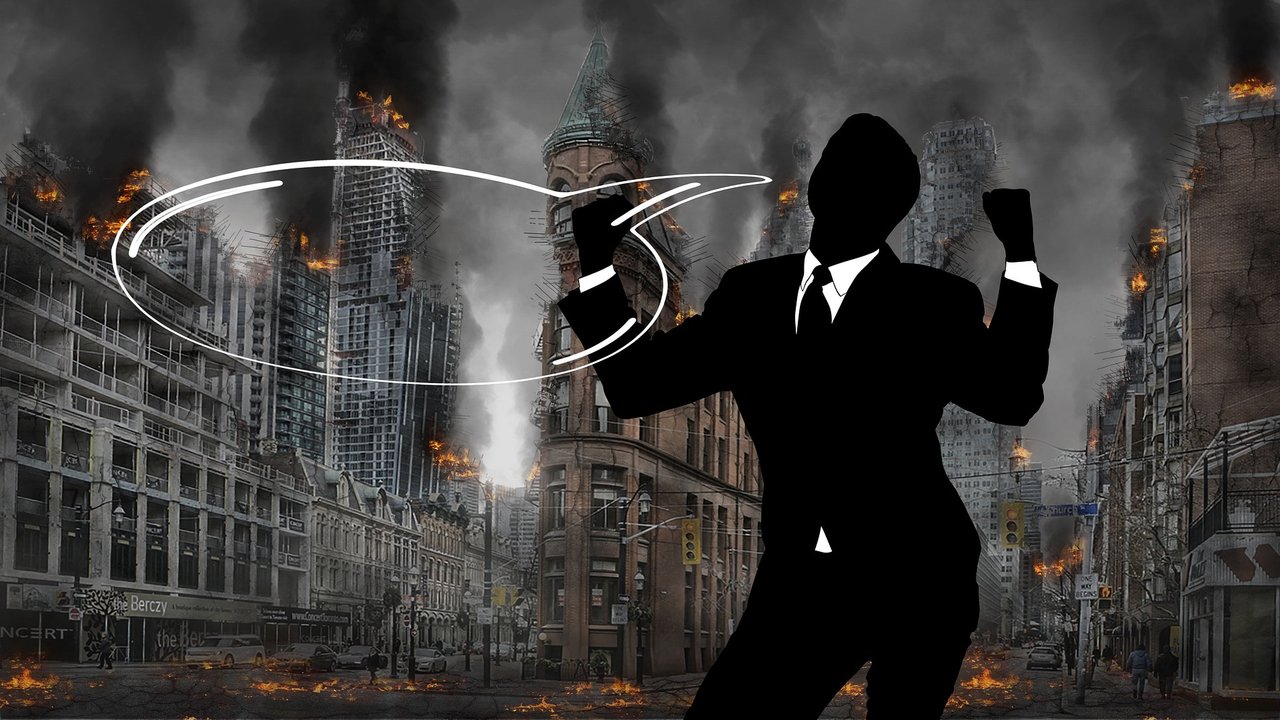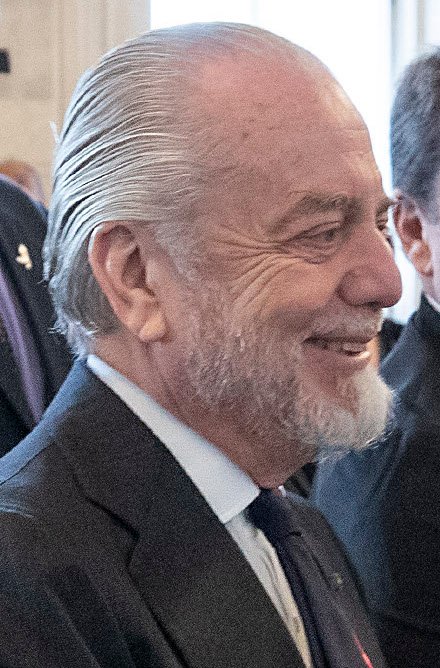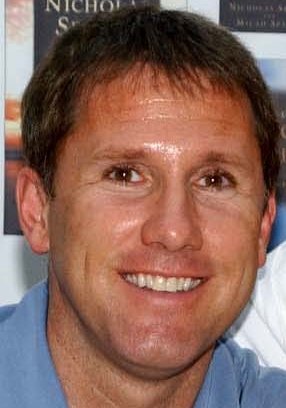
Foto di Gerd Altmann da Pixabay - Free to use
RICORSO INUTILE? |
|---|
Se ci trovassimo a discutere di un qualunque procedimento della giustizia ordinaria, nel quale un togato chiamato a giudicare sul merito della questione si fosse lasciato andare in considerazioni inopportune prima del processo, lo stesso si sarebbe visto, a ragione, immediatamente assalito dalle istanze degli avvocati difensori, con inevitabile richiesta di ricusazione dalle buone probabilità di essere accolta.
Come previsto dall'articolo 36 del nostro Codice di Procedura Civile infatti, ogni giudice che abbia manifestato il proprio pensiero sui fatti in dibattimento prima dell'emissione di una sentenza, è passibile di ricusazione, ovvero di essere sollevato dalle sue funzioni giudicanti per chiari ed evidenti forme di pregiudizio. In molti ne hanno abusato in passato, per dilungare i tempi della giustizia e puntare alla prescrizione, ma a stretta logica giuridica si tratta di uno dei principi fondamentali della Giurisprudenza.
Immaginate uno scenario in cui uno dei giudicanti, chiamati a decidere su una magagna commessa dal De Laurentiis o dal Lotito di turno (lo so che un processo sportivo simile non è credibile, ma fate uno sforzo) si lasci andare in dichiarazioni di colpevolezza prima ancora di emettere la sentenza, o che, peggio ancora, in passato abbia confessato simpatie sportive per la Juventus o la Roma: basterebbero i Marines e la flotta navale britannica per contenere le ire dei suddetti personaggi, oltre allo sdegno del Corriere dello Sport e dell'incartapesce dal colore fastidioso?

Il presidente del Napoli, Aurelio De Laurentiis, foto da Quirinale.it, Attribution, via Wikimedia Commons
Invece, nel meraviglioso mondo della giustizia sportiva, capita che tale Piero Sandulli, già chiamato ad esprimersi sulla Juventus ai tempi di Calciopoli, ed ora vicepresidente di una delle sezioni del Collegio di Garanzia del Coni, non abbia resistito alla tentazione di esprimere la propria opinione anche sulla vicenda plusvalenze e sulla sentenza di quindici punti di penalizzazione inflitti alla società bianconera dalla Corte d'Appello Federale.
Secondo il protagonista della nostra storia, al contrario di quanto sostenuto dai numerosi giuristi chiamati ad esprimersi in merito, nonché da alcuni importanti membri del governo, esistono importanti elementi di fondatezza nelle 36 pagine rilasciate dall'organo giudicante della FIGC sul caso plusvalenze. Una presa di posizione rilasciata nell'intervista al quotidiano Tuttosport netta e legittima, ma del tutto fuori luogo.
Sandulli infatti potrebbe in qualche modo essere coinvolto, assieme ad altri giudici della sua sezione, sul prossimo ricorso che la Juventus proporrà proprio al Collegio di Garanzia dello Sport del CONI e che si dibatterà a sezioni unite verosimilmente a marzo. Se ci aggiungiamo le mai celate frequentazioni con il presidente della Lazio, Claudio Lotito, e le dichiarate simpatie biancocelesti, il quadro appare piuttosto completo.
Un conflitto di interessi in piena regola (nel calcio, chi non ne ha di economici difende quelli sportivi della propria squadra del cuore), tanto da obbligare il Collegio di Garanzia del Coni a rilasciare in serata una frettolosa nota di riparazione, ripresa dalle agenzie di stampa, nella quale viene spiegato il carattere del tutto personale delle dichiarazioni di Sandulli.

Il romanziere statunitense, Nicholas Sparks, public domain image.
Un po' come il figlioletto che combina la marachella a scuola e che sarà destinato a finire davanti ai genitori: se la madre, dopo aver ascoltato la telefonata del dirigente scolastico, si esprime invocando una punizione di quindici giorni senza cellulare per la propria creatura, è credibile che il padre possa bilanciare la sfuriata a tal punto da restituire il prezioso ammennicolo al giovane?
Certo, anche in quel caso la mamma avrebbe parlato a titolo personale, e non in nome del "collegio di famiglia", ma ignorare un parere tanto importante diventerebbe difficile e per il povero studentello si aprirebbero inevitabilmente le porte dei guai.
Riusciranno i giudici chiamati ad esprimersi sul prossimo ricorso della Juventus (a questo punto mi aspetto almeno, per buon gusto e opportunità, che Sandulli venga per escluso dal collegio) ad emettere serenamente il loro parere, senza tener conto di quello già evidenziato dall'autorevole collega?
Se fossimo in un film americano o all'interno di un romanzo di Nicholas Sparks, probabilmente risponderei di sì, ma questa è la vita vera, e le cose sembrano spesso un tantino meno limpide. Insomma, viene da ridere solo a pensarlo.
Statemi bene, alla prossima!
 ENGLISH VERSION
ENGLISH VERSION
Translated with Deepl.com
USELESS APPEAL? |
|---|
If we were to discuss any proceedings in ordinary justice, in which a judge called upon to judge on the merits of the matter had allowed himself to make inappropriate remarks before the trial, he would have been rightly immediately assailed by the demands of the defence lawyers, with an inevitable request for recusal with a good chance of being granted.
As provided for in Article 36 of our Code of Civil Procedure in fact, any judge who has expressed his or her thoughts on the facts in the trial before passing sentence is liable to be recused, i.e. to be relieved of his or her judging functions for clear and evident forms of prejudice. Many have abused it in the past, to prolong the time of justice and aim for the statute of limitations, but by strict legal logic it is one of the fundamental principles of jurisprudence.
Imagine a scenario in which one of the judges, called upon to decide on a misdeed committed by the De Laurentiis or the Lotito of the day (I know that such a sports trial is not credible, but make an effort), lets himself go in guilty pleas before even issuing the sentence, or, even worse, in the past has confessed sporting sympathies for the Juventus or the Roma: would the Marines and the British naval fleet be enough to contain the wrath of the aforementioned characters, in addition to the outrage of the Corriere dello Sport and the annoyingly coloured Fish wrapper?

Napoli Chairman, Aurelio De Laurentiis, photo by Quirinale.it, Attribution, via Wikimedia Commons
Instead, in the wonderful world of sports justice, it happens that this Piero Sandulli, already called to express his opinion on the Juventus at the time of Calciopoli, and now vice-president of one of the sections of the Guarantee Board of Coni, has not resisted the temptation to express his opinion also on the surplus-value affair and on the sentence of fifteen penalty points inflicted to the Juventus club by the Federal Court of Appeal.
According to the protagonist of our story, contrary to what has been sustained by the numerous jurists called to express their opinion on the matter, as well as by some important members of the government, there are important elements of foundation in the 36 pages released by the judging body of the FIGC on the capital gains case. A stance released in an interview with the newspaper Tuttosport that is clear and legitimate, but completely misplaced.
Sandulli in fact could in some way be involved, together with other judges of his section, on the next appeal that Juventus will propose to the Guarantee board of CONI and that will be debated in united sections probably in March. If we add to this his never-concealed acquaintanceship with the president of the Lazio, Claudio Lotito, and his declared sympathies for the Biancocelesti, the picture appears rather complete.
A conflict of interests in full regalia (in football, those who have no economic interests defend the sporting interests of their favourite team), so much so as to oblige the Guarantee Board of the CONI to issue in the evening a hasty reparation note, taken up by the press agencies, in which the entirely personal nature of Sandulli's statements is explained.

American novelist, Nicholas Sparks, public domain image.
A bit like the child who pulls a prank at school and is destined to end up in front of his parents: if the mother, after listening to the phone call from the school headmaster, speaks out calling for a fifteen-day punishment without a mobile phone for her child, is it credible that the father could balance the outburst to such an extent that he would return the precious gadget to the youngster?
Of course, even then the mother would have spoken in her personal capacity, and not in the name of the 'family college', but ignoring such an important opinion would become difficult, and for the poor student the doors of trouble would inevitably open.
Will the judges called upon to express their opinion on the forthcoming appeal by Juventus (at this point I expect at least, for the sake of good taste and expediency, that Sandulli will be excluded from the panel) be able to serenely express their opinion, without taking into account that already pointed out by the authoritative colleague?
If we were in an American film or within a novel by Nicholas Sparks, I would probably answer yes, but this is real life, and things often seem a tad less clear. I mean, it's laughable just thinking about it.
Stay safe, see you next time!


